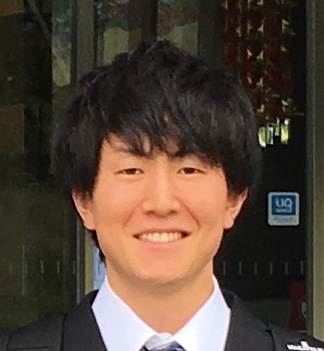A Deep Learning-Based Radiomics Approach to Identify Patient with Early Tumor Regression Utilizing Planning CT Images for Adaptive Radiotherapy
S Tanaka1*, N Kadoya1, Y Sugai1, M Umeda1, Y Katsuta1, K Ito1, T Yamamoto1, N Takahashi1, K Takeda1, S Dobashi2, K Takeda2, K Jingu1, (1) Department of Radiation Oncology, Tohoku University Graduate School of Medicine, Sendai, Japan, (2) Department of Radiation Therapy, Tohoku University Graduate School of Medicine, Sendai, Japan
Presentations
SU-IePD-TRACK 2-3 (Sunday, 7/25/2021) 12:30 PM - 1:00 PM [Eastern Time (GMT-4)]
Purpose: We developed a deep learning-based radiomics (DLR) approach to identify early tumor regression in head and neck (H&N) cancer patients based only on planning computed tomography (CT) images for adaptive radiotherapy.
Methods: Our study used CT images of 62 patients with H&N cancer who received radiation therapy. We calculated the regression rate of gross tumor volume primaries (GTVp) and nodal GTV (GTVn) per treatment day by subtracting the volume of boost CT from the volume of initial CT, and then dividing the value obtained by the number of treatment days. Subsequently, we used the median regression rate as a threshold and assigned two labels (change and non-change) for GTVp and GTVn to all patients. We extracted one axial image for each maximum GTVp and GTVn volume from the initial CT image, which was then loaded into the pre-trained deep learning (DL) model via transfer learning. Eventually, we succeeded in extracting several deep features from the last fully connected layer. The robust, non-redundant, and predictive deep features were then selected using four-feature selection metrics. The selected deep features were used to predict change and non-change of GTVp and GTVn in five machine learning (ML). A predictive performance was then evaluated by 0.632+ area under the curve (AUC) bootstrap.
Results: Darknet DL and the Random forest (RF) ML model for predicting GTVp regression had the highest AUC values (0.89 [0.885–0.894, 95% confidence interval (CI)]), whereas values achieved from radiomics and clinical factors were 0.723 and 0.66, respectively. In addition, Densenet DL and RF ML model for predicting GTVn regression achieved the highest AUC values (0.86 [0.856–0.866, 95% CI]), whereas values achieved by radiomics and clinical factors were 0.723 and 0.66, respectively.
Conclusion: Our DLR approach to identify patients with early tumor regression could outperform existing radiomics features and clinical factors.
Funding Support, Disclosures, and Conflict of Interest: Japan Society for the Promotion of Science (JSPS KAKENHI Grant Number 20K22795)
ePosters
Keywords
CT, Radiation Therapy, Feature Extraction
Taxonomy
IM- CT: Machine learning, computer vision
Contact Email



